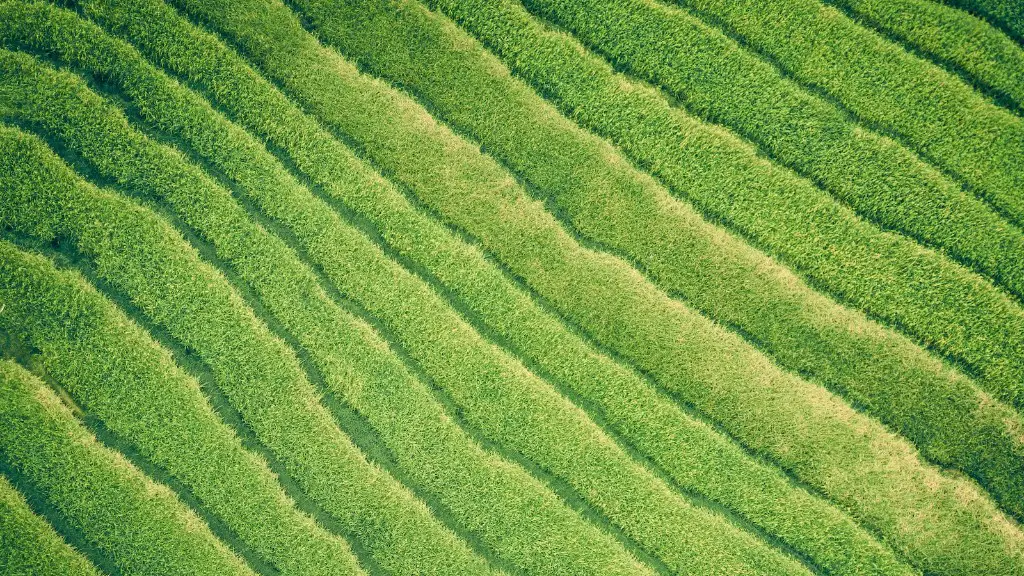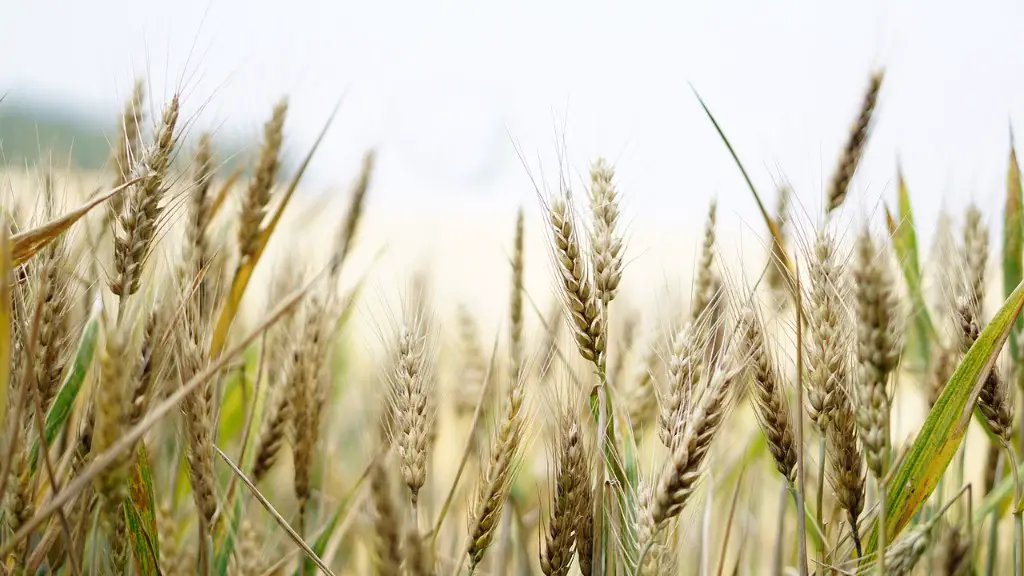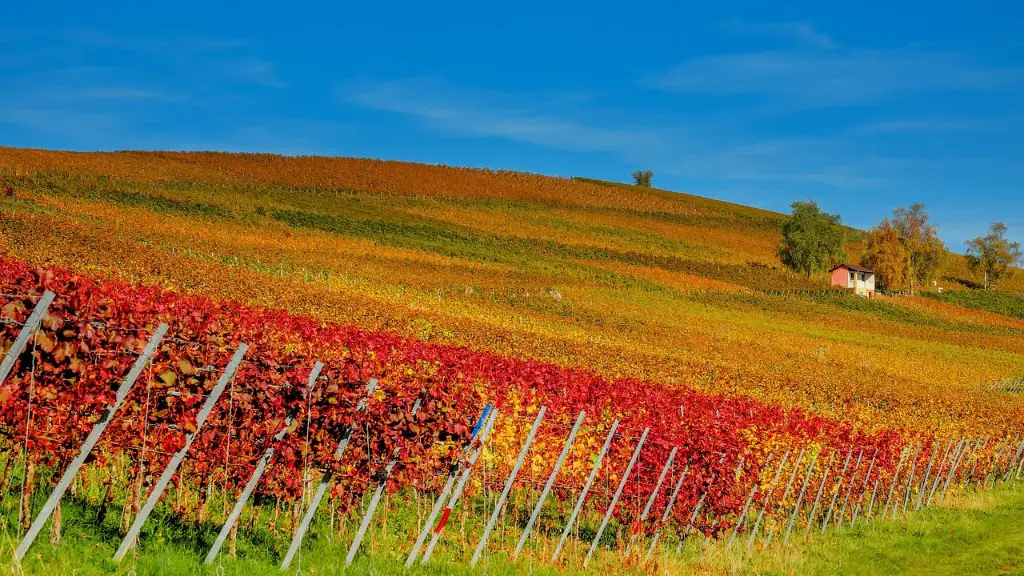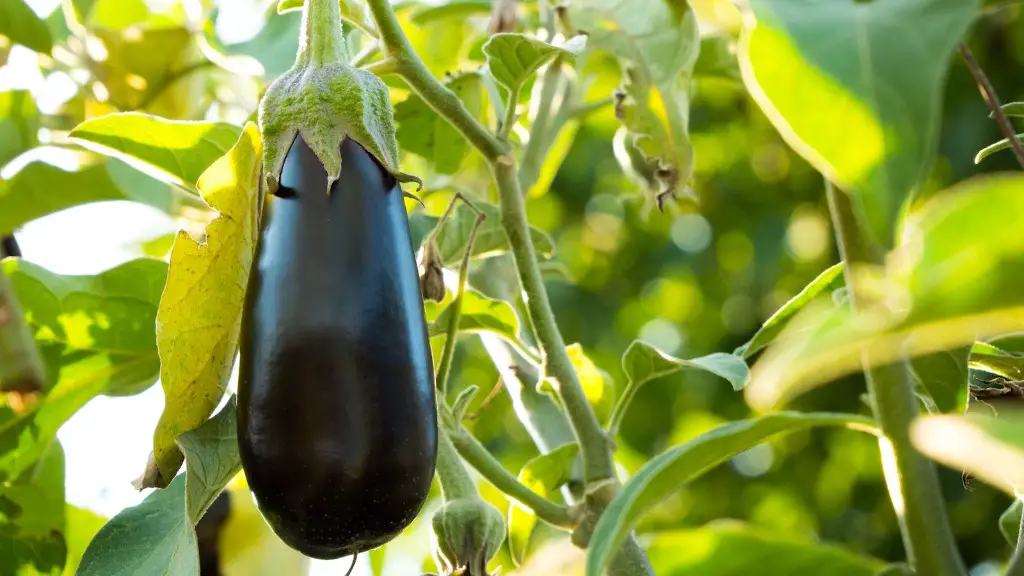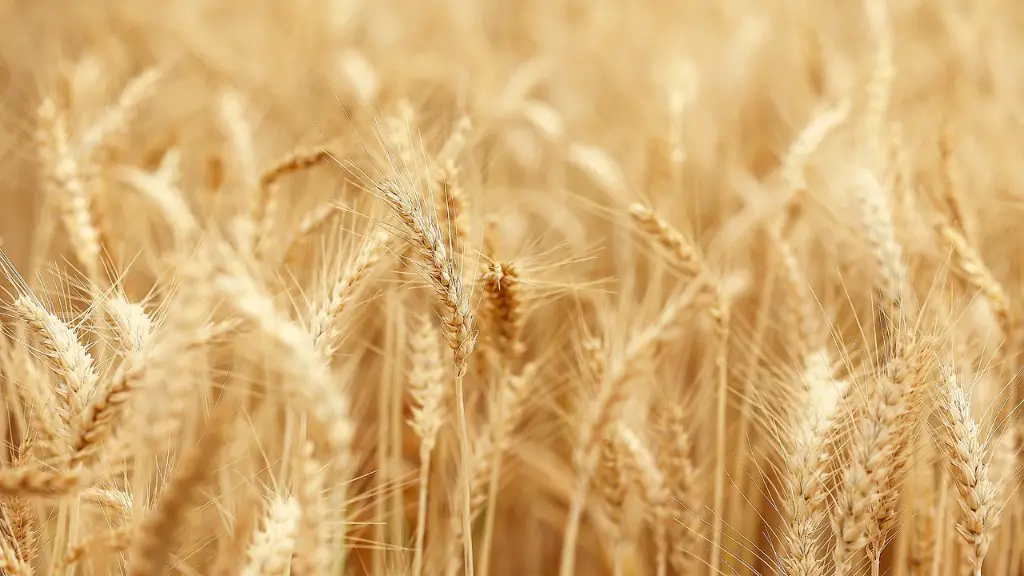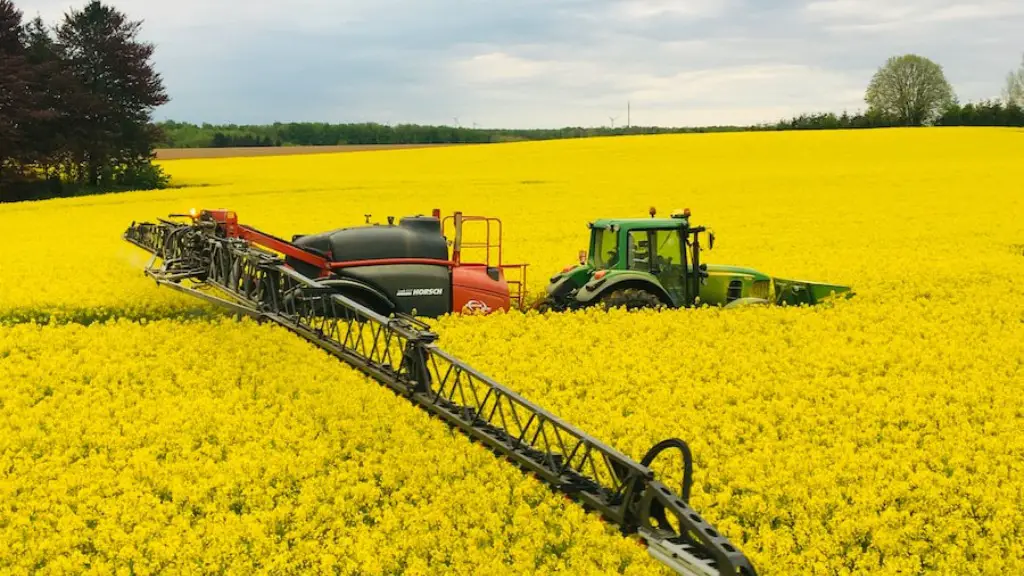Chemistry plays an important role in agriculture. It helps farmers to grow healthy crops and to understand the composition of soil and water. It also helps them to develop new methods of pest control and to improve the storage and transportation of food.
The importance of chemistry in agriculture is vast. Chemistry is used in many agricultural processes, such as crop production, livestock management, and food processing. Agricultural chemists work to improve these processes and to develop new and more efficient ways to produce food and other agricultural products.
What is the importance of chemistry in the agriculture?
Chemistry has been essential in increasing crop production through the development of fertilizers. Fertilizers are chemical substances that provide essential nutrients to plants, making the soil more fertile and increasing crop yields. Chemistry is also used to develop pesticides and insecticides, which help to protect crops from pests and diseases.
Agricultural chemistry often aims at preserving or increasing the fertility of soil, maintaining or improving the agricultural yield, and improving the quality of the crop. When agriculture is considered with ecology, the sustainablility of an operation is considered. Agricultural chemicals such as pesticides and fertilizers can have an impact on the environment. It is important to consider the long-term effects of these chemicals on the environment when making decisions about their use.
What are the contributions of chemistry to the farmers
Crops need four things for good growth: sunlight, water, nutrients from the soil, and protection from predators such as insects. Chemistry has made major contributions within water usage, nutrient availability, and plant protection. Without chemistry, it would be difficult to ensure that crops have the necessary water and nutrients for growth, and they would be more vulnerable to predators.
Agricultural chemicals are substances that are used in agriculture to improve crop yields, fight pests and diseases, and improve the quality of food. They include pesticides, herbicides, fungicides, and fertilizers. Agricultural chemicals can be extremely harmful to human health and the environment if they are not used properly.
How has chemistry helped improve sustainable agriculture?
Green chemistry is a rapidly emerging field that seeks to reduce the negative environmental impacts of traditional chemical manufacturing processes. By reducing the dependence on non-renewable resources like synthetic fertilizers and pesticides, green chemistry can help to improve soil quality and water quality while also protecting wildlife and human health. In addition, green chemistry can improve the economic viability of farming operations by reducing the costs associated with traditional manufacturing processes.
Other Subjects:
In order to study agriculture at the tertiary level, you will need to have a strong foundation in English language, chemistry and biology. These subjects are required by JAMB (Joint Admissions and Matriculation Board) for admission into agricultural courses in Nigerian universities. Additionally, most courses in agriculture require these subjects at the O’ level (Ordinary Level) so it is important to ensure that you have strong grades in these subjects before applying to study agriculture.
What branch of chemistry is agricultural?
The field of agrochemistry is somewhat unique in that it takes a very interdisciplinary approach to the problems it seeks to address. In order to be effective, agricultural chemists must have a strong understanding not only of chemistry, but also of biology, ecology, and agronomy. This breadth of knowledge allows them to develop innovative solutions to the challenges faced by the agricultural industry.
Herbicides are used to kill or control vegetation. The most common type of herbicide used is glyphosate, which is used to control weeds. Glyphosate is applied to the leaves of plants, where it blocks the production of a protein necessary for plant growth. This protein is found in the chloroplasts of plants, which are organelles that convert light into chemical energy that the plant can use to grow. Glyphosate is effective in killing most types of plants, including grasses, sedges, and broadleaf plants.
What are the 3 main chemicals used in agriculture
Nitrogen, phosphate, and potash are essential in the production of crops used for food, feed, fiber, and fuel. Without these nutrients, plants would not be able to grow and would not be able to provide the food and resources that we rely on.
An agrochemical is a compound used in agriculture to control weeds, pests or diseases in crops. There are four main types of agrochemicals: herbicides, insecticides, fungicides and plant growth regulators. Herbicides are used to control weeds, insecticides are used to control insects, fungicides are used to control fungi and plant growth regulators are used to control plant growth.
What is the role of chemistry in improving agricultural and industrial processes?
chemists play an important role in improving agriculture and industrial processes. Their work allows humans to meet their needs in a more efficient and sustainable way. This is important for the future of humanity, as we must be able to meet our needs without compromising the ability of future generations to do the same.
Soil chemistry is an important tool for understanding the health of an ecosystem. It can reveal if the soil is nutrient-rich or lacking in nutrients, as well as if it is contaminated with a toxic substance. This information can be used to manage the ecosystem in a way that supports its functions and protects its inhabitants.
Does agriculture include chemistry
Chemistry plays an important role in agriculture, from providing the fertilizers and pesticides necessary to grow crops to testing the quality of the food we eat. Without chemistry, agriculture would be much more difficult, and the food we eat would be less safe.
Chemistry has played a significant role in maximizing the yield of animal products and crops through the production of pesticides, fertilizers, and antibiotics. Modern agriculture highly depends on the use of advanced scientific techniques, which rely mostly on chemistry. This has helped to increase the efficiency and productivity of farms, and has resulted in higher quality food products.
What is the importance of studying agriculture?
If you want to study agriculture, you will learn about the cultivation of plants and animals for food, fiber, and other products. You will also learn about the management of natural resources, such as water, soil, and forests. The goal of agriculture is to produce food and other products efficiently and in an environmentally sustainable way.
Analytical chemistry is a key tool in agricultural research for development. It provides the means to generate essential technical data on soil, water, plant and animal material. This data is used to improve agricultural productivity and to protect the environment.
Warp Up
Chemistry is important in agriculture because it is the study of the composition, properties, and interactions of matter. This knowledge is used to develop methods and products that improve the quality of life for people around the world. Agricultural chemicals, such as fertilizers and pesticides, are essential for modern farming. Without them, crop yields would be significantly lower, and food would be more expensive. Many of these products are made possible by advances in chemical research.
Chemistry is important in agriculture because it is the science that underlies the production, processing, and marketing of food and drinks. Chemistry is also important in agriculture because it helps farmers to understand the soil, to select the correct fertilizers and pesticides, and to monitor crop health.
